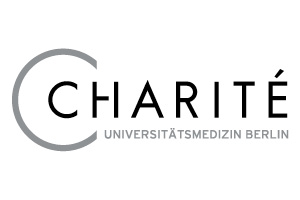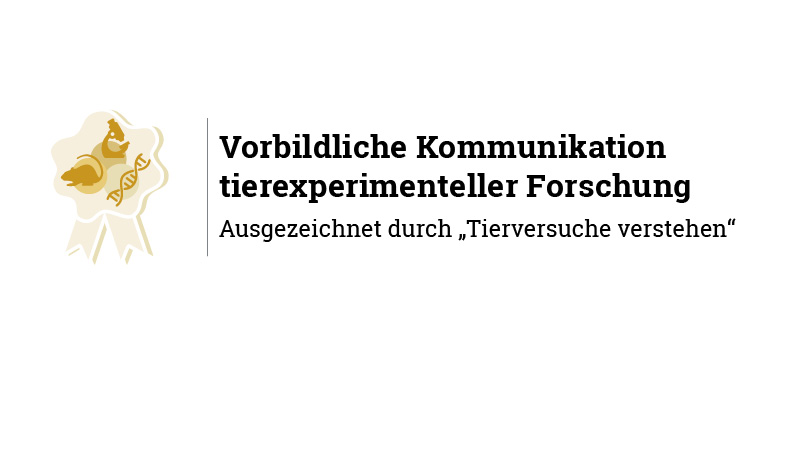- Joint grant
JuMBO (Juvenile arthritis MTX/Biologics long-term Observation)
Since 2007, the JuMBO registry has been investigating the long-term effects of novel rheumatologic therapies in patients diagnosed with juvenile idiopathic arthritis (JIA) during childhood. As a follow-up registry to the BiKeR registry (headed by Prof. Dr. Horneff, St. Augustin), JuMBO monitors individuals after they transition out of pediatric rheumatologic care into adulthood.
The study focuses on the safety and effectiveness of new targeted disease-modifying antirheumatic drugs (DMARDs), as well as the long-term prognosis of JIA. Through comprehensive scientific documentation, involving over 400 rheumatology practices, outpatient clinics, general practitioners, and orthopedic institutions, data is collected semi-annually on current therapies, disease activity, joint assessments, and adverse events.
Participants also provide information on their general health status, quality of life, and disease burden, as well as on pregnancies, surgeries, and hospitalizations. Additionally, data on education, employment, and absenteeism are gathered. Through this continuous and detailed data collection, the JuMBO registry provides valuable insights into the optimal care and management of young adults living with JIA.
seit 01.04.2007
Head of project
JuMBO– More than 2,100 young adults are being accompanied on their journey.
Who takes part in JuMBO?
Selected Findings
Improved Disease Control and Higher Quality of Life
Pregnancy and the Management of JIA
Members
Informational Flyers and Scientific Posters
AG Minden















